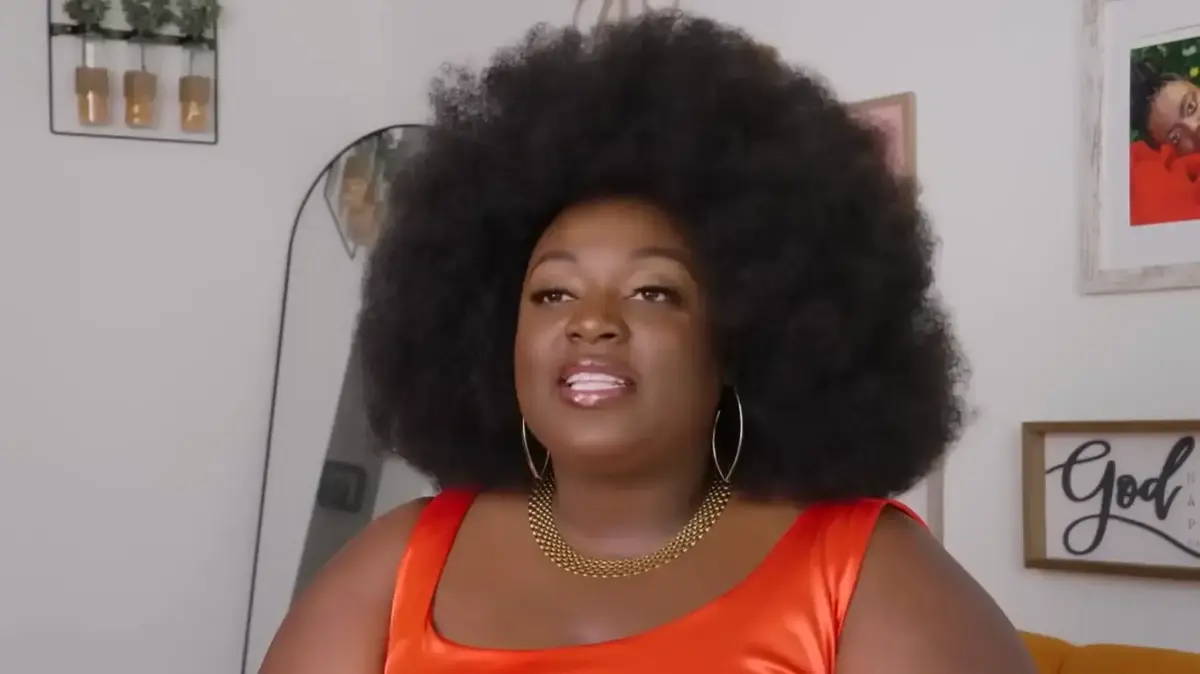Do men have to take the surname of their wives?
(CNN) --
Decades ago, most newlywed women adopted their husband's surname in the United States, satisfying a social custom and ensuring certain legal, financial and family protections.
In some states, those safeguards included the ability to keep a driver's license or voter registration, pick up their children from school or have a credit card, said Stephanie Coontz, director of research and public education for the Council on Contemporary Families. .
Culturally, taking a husband's name was tied to paternalistic notions of property: Women used to belong to their father and then to their husband, said Deborah Carr, a sociology professor and director of the Center for Innovation in the Social Sciences at Boston University. .
Despite the growing feminist movement and greater gender equality, this practice remains overwhelmingly common.
Today, "at least in the US, 20% to 30% of women keep their names, which means the vast majority take their spouse's name when they marry," Carr says. includes artist Jennifer Lopez, who recently confirmed her marriage to actor Ben Affleck with the signature "Mrs. Jennifer Lynn Affleck."
Ben Affleck and Jennifer Lopez: a timeline of their relationship from 2001 to their wedding
"Women can take their husband's name legally," Carr said, "but professionally, I'd bet she's still going by the name J. Lo. Sometimes people take their husband's name legally, but professionally they can still use her maiden name."
It wasn't until legal changes and the rise of the feminist movement in the 1970s that there was a big push to keep one's last name, Carr said. the 1990s, he added.
advertising
The decision to keep or give up one's name can continue to be influenced by economic, family, social, romantic and religious factors, especially when children are involved.
bear a new name
For some people, taking on their spouse's name is a "public statement to the world that they are, in fact, a couple," Carr said. "I think the other is social pressure. It can come from the spouse, but it can also come from the family. And women often get pressure from either their parents or their in-laws as to why they don't bear the name. Some think it means you're not as committed to the union."
Inertia or tradition are other reasons, says Carr. "Some things have just been done forever, and so people don't question them. They don't counter them," Carr said. "It's kind of the path of least resistance."
Some people might be interested in shedding their last name out of a desire to somehow separate themselves from their birth parents, said Joshua Coleman, a psychologist in private practice in Oakland, Calif., and a senior fellow at the Council on Contemporary Families.
"Someone who wasn't close to or hurt by their parents (and) didn't like being identified as a Smith or a Jones or whoever, would welcome the idea of a new last name that wasn't their own," he added.
Women who believe in gender equality and yet adopt their husband's last name may think the name change doesn't mean they're giving up any of their authority as a woman, Coleman said.
History: Mexico issues birth certificates abroad for recognition of gender identity
"The woman does not see herself in some kind of subordination to the husband or giving any of her power, authority, identity or individuality. She likes the tradition, but that does not mean that she accepts all the things that may have gone with her traditionally. ", he added.
It is very unusual for a husband to adopt his wife's surname.
In a 2018 study of 877 men, 3% (27 men) had changed their name after marriage.
Of those 27 men, 25 had dropped their last name entirely;
two added it with a hyphen.
Men who changed their name in any way were more likely to be less educated.
"It's probably some kind of persistence of misogyny or patriarchy or something in that field — that the idea of a man taking his wife's last name is seen as somehow problematic," Coleman said.
There aren't many studies on marriage-related name changes among couples in the LGBTQ+ community.
"I think part of the reason there isn't a lot of data is because legal same-sex marriage is still pretty new," Carr said. "I suspect they may be more likely to hyphenate or make something up because of this egalitarianism that tends to happen, you don't have this gender history issue here."
It is impossible to separate the reverse of Roe from the historical rulings on same-sex or different-race marriage and methods of contraception
Maintain identity
For the 20% to 30% of women who do not follow the tradition, the most common practice is to keep their own surname, followed by hyphenation, the creation of a compound name, or, even more rarely, the creation of an entirely new shared name, Carr said.
For some women, keeping their last name is preserving the personal and family identity they've always had, Carr said. "That can be tied to your parents, your ethnic or racial heritage — names are very meaningful."
In practice, some people have established a professional identity, especially those in highly visible positions such as writers, academics, or celebrities.
If their name is key to their profession, it's something they're not willing to give up, he added.
Keeping the surname can also be a political act, often done by those who adhere to feminist beliefs and practices, Carr said, such as independence and partner equality.
Some wonder why one name should have privilege over the other, and whether using only one spouse's name would convey an unequal association.
Japanese women lose fight to keep their surnames
The prevalence of keeping one's last name is higher among more educated and older women, Carr said. "They already have more of a professional identity by that point," she said, while younger women have fewer professional ties and they may be more susceptible to family pressure.
Having children can complicate things.
"It's very rare that both partners choose the wife's name," Carr said. "Overwhelmingly, if they choose a name, it's the husband's."
Many believe that using one spouse's last name is easier socially and legally, Carr said.
"People know what to call you," he said.
Using a single last name can also avoid "administrative headaches" that can arise when it comes to things like booking flights, insurance, health care and who is allowed to pick up a child from school, she added.
Parents who don't use a single last name for the entire family "have a lot more work to do and a lot more explaining to do," Carr said, "because a lot of our structures aren't set up to accommodate innovative naming practices."
The decision to use the husband's name sometimes stems from the fact "that there is maternal certainty," Carr said. "We know who is giving birth, but there is not always paternal certainty. And since nonmarital births continue to be stigmatized I think, historically, that's one reason the couple would go for the male name."
Combining surnames in some way can be a way to preserve one's identity as a member of their original family and as an individual, while also having an identity as a member of a new family, Coleman said.
SurnameMarriage









/cloudfront-eu-central-1.images.arcpublishing.com/prisa/XWDEWCZPBVCCDFB3VJU2TWK5PY.jpg)